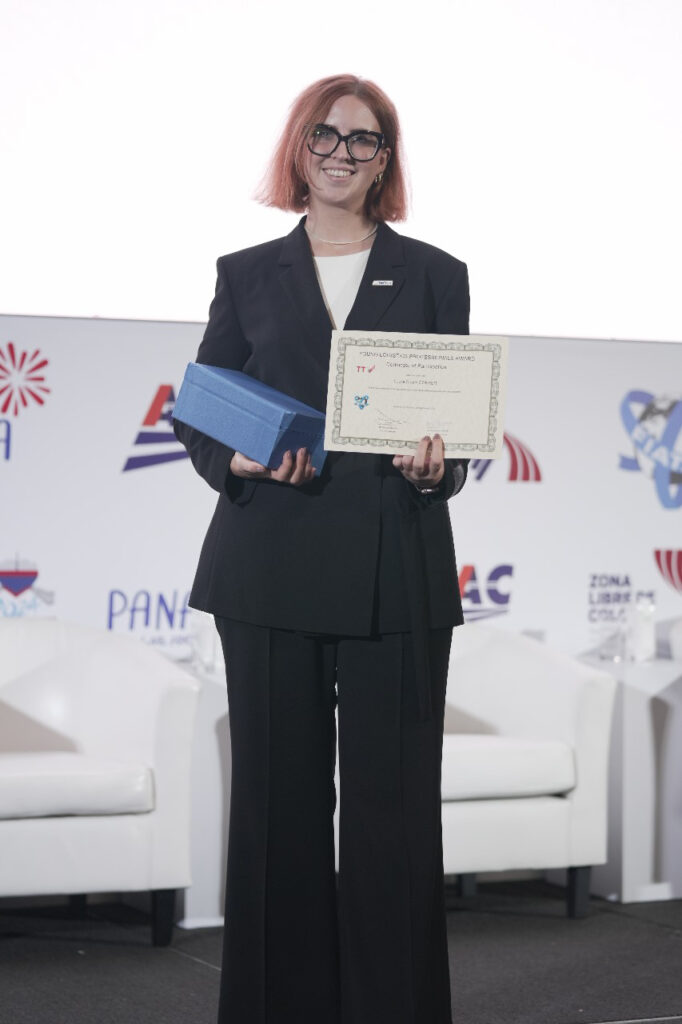London, 14th November 2024
TT Club’s celebrated advocate to the cause of risk mitigation and safety in the freight industry, Peregrine Storrs-Fox has stepped down as the mutual’s Risk Management Director and now takes on a consultancy role to further offer his expertise to TT’s membership and the industry at large.

After 40 years with the international insurance provider during which he started as a Claims Handler and worked up to global Claims Director, Storrs-Fox spent the last 22 years developing and enhancing TT’s now much heralded loss prevention function. Valued by those insured by TT as a service proven to assist in ongoing operational risk, the loss prevention work initiated and overseen by Peregrine has significantly improved the safety and security of global freight supply chains.
Congratulating Peregrine on his achievements over his long career, TT Club CEO, Kevin King, said “It is impossible to overstate the significant loss prevention initiatives in which Peregrine has taken a leading role. His risk management knowledge is unique, his research meticulous and his communication skills renowned. Peregrine has been particularly effective in bringing disparate interest groups together to present a united front.”
Tackling the causes of container fires has been one of Peregrine’s more persistent missions; helping all those engaged in the global supply chain to understand and uphold their responsibilities to declare, pack and handle not just hazardous cargoes but also to recognise the potential damage that may be caused by less obviously dangerous materials.
His influential work on VGM (verified gross mass) in the process leading to IMO regulation, and background analysis of required amendments to IMDG and CTU Codes have been critical in advancing safety in the transport industry. In this Peregrine has demonstrated his ability to combine the efforts of many organisations and companies across the industry to achieve common safety and security goals.
The success of the Club’s Innovation in Safety Award and its associated promotional programme is a great example of how his commitment has made a real difference in inspiring new technologies and enhanced procedures to improve the safety of crew, shore workers, cargo, infrastructure and the environment.
“Peregrine will continue to provide his expertise and experience to the industry by fulfilling the role of consultant to TT,” said Mike Yarwood, TT’s MD Loss Prevention in adding his voice to praise Peregrine’s contributions over a long career, “He has dedicated most of his career to TT’s mission to make the global transport and logistics industry safer, more secure, and more sustainable. I’m delighted that Peregrine is continuing to support our growing loss prevention function.”
His consultancy role began as of 1st October.
About TT Club
TT Club is the established market-leading independent provider of mutual insurance and related risk management services to the international transport and logistics industry. TT Club’s primary objective is to help make the industry safer, more secure, and more sustainable. Founded in 1968, the Club has more than 1500 Members, spanning container owners and operators, ports and terminals, and logistics companies, working across maritime, road, rail, and air. TT Club is renowned for its high-quality service, in-depth industry knowledge and enduring Member loyalty. It retains more than 97% of its Members, with a third of its entire membership having chosen to insure with the Club for 20 years or more.











